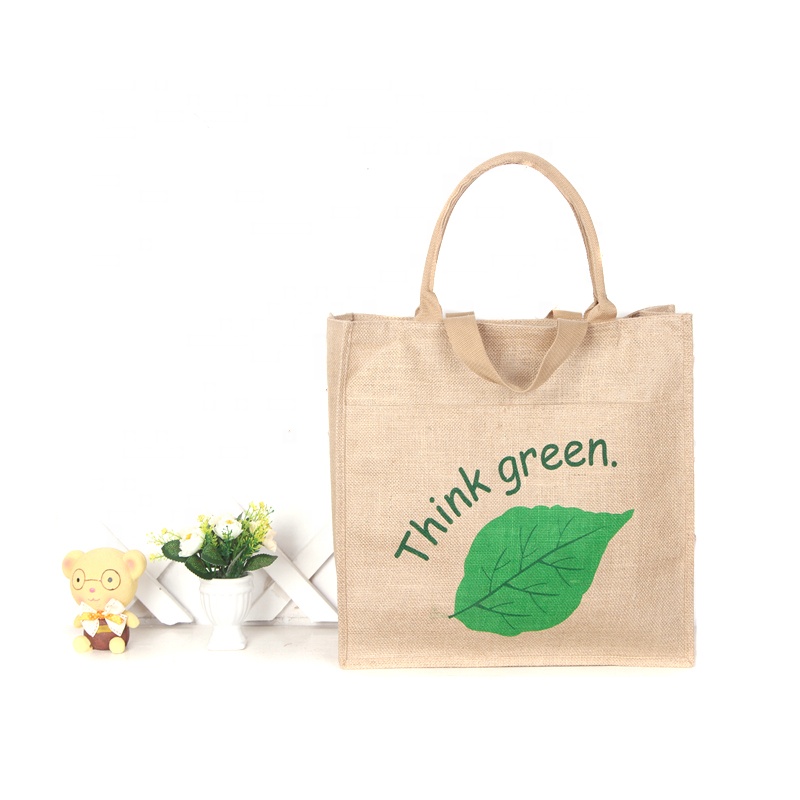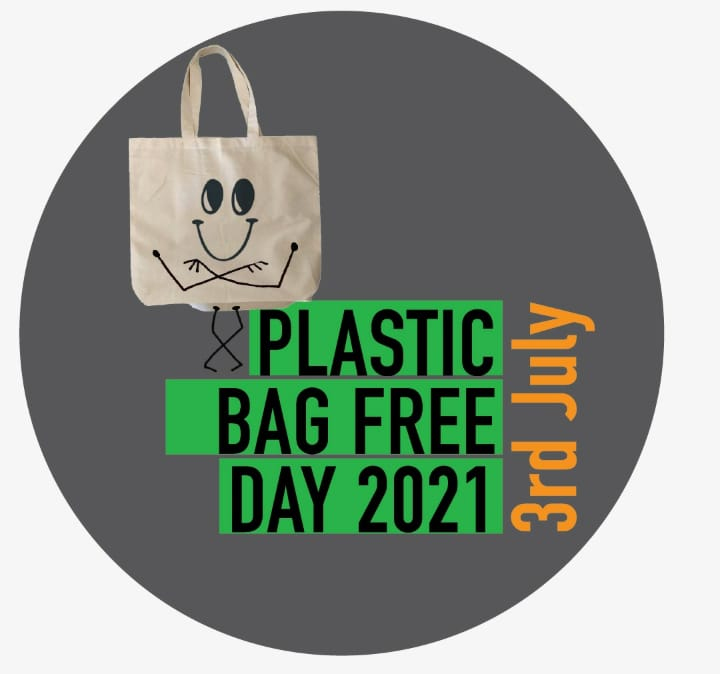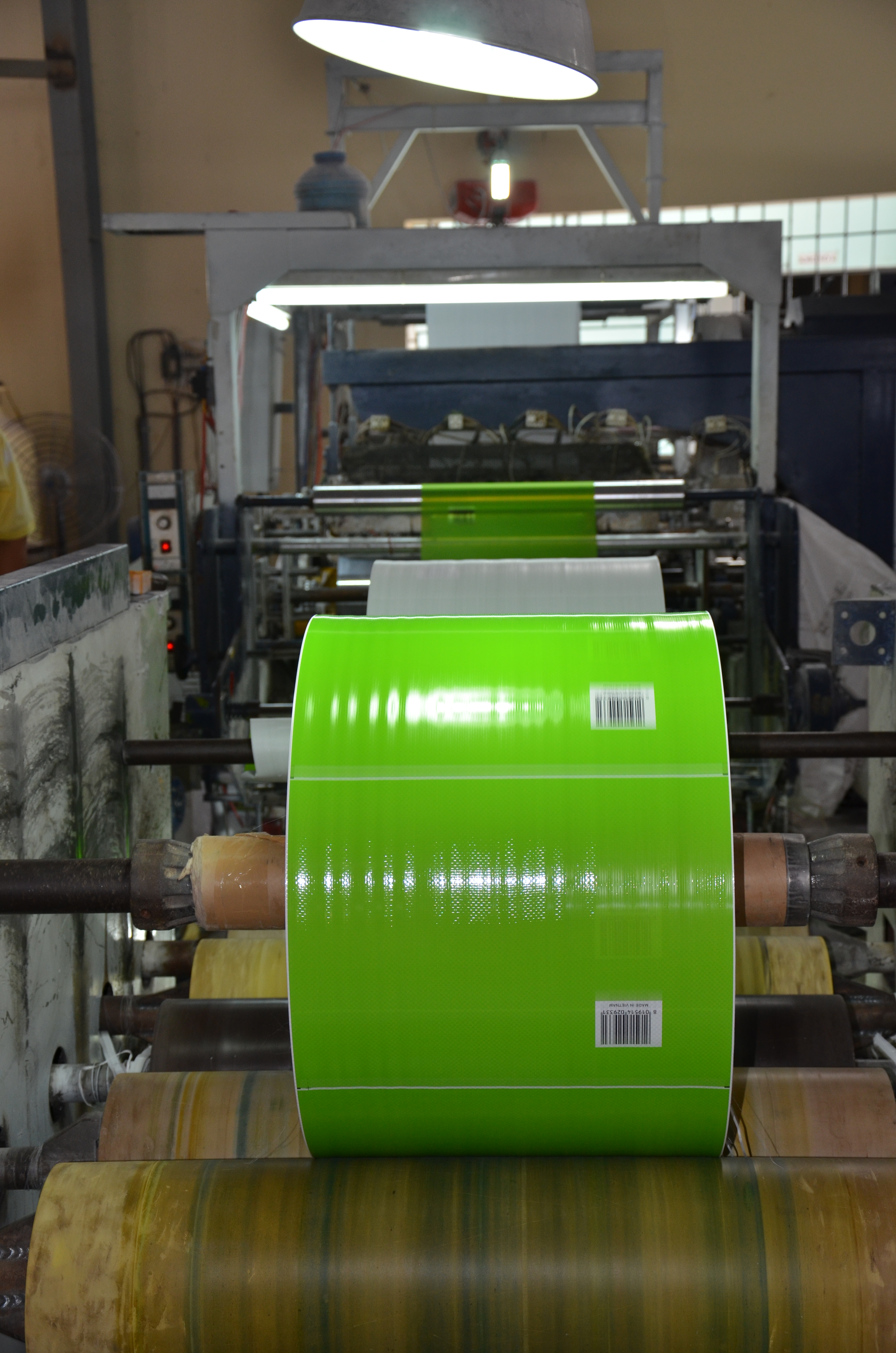Seaqual Initiative aims to fight plastic pollution by creating innovative materials from marine litter. It brings together individuals, organizations, and companies to help clean our oceans and raise awareness of the issue of marine plastic.
What is the Seaqual?
Seaqual is an environmentally friendly and sustainable fiber. Seaqual commits to giving a second life to plastic waste that pollutes our oceans, contaminates entire food chains, kills marine life, and endangers human health. The community collaborates with ocean clean-ups that collect all types of waste in Europe, the Mediterranean, and the west coast of Africa, including plastics, metals, glass, rubber, and mixed material items.
To date, Seaqual Initiative cleaned an estimated 600 tons of waste from our oceans and transformed 200 tons of marine litter into upcycled marine plastic. It continues to assist local communities in enhancing their waste management and recycling infrastructure. The process decreases water consumption, energy usage, and carbon emissions.
Seaqual drastically reduces our dependency on oil and the global warming impact of polyester compared to conventional polyester production from fossil material.

Despite these advantages, Seaqual is still a synthetic petroleum-based polymer. It is recyclable but not biodegradable or compostable.
However, plastic waste, including PET bottles, is quickly becoming a global environmental and social problem. And recycling ocean plastic waste can help solve this issue.
According to the United Nations, we produce more than 300 million tons of plastic annually. Every year, 12 million tons of plastic waste are poured into the ocean. Less than 10% of all plastic is recycled. If current trends continue, our oceans could contain more plastic than fish by 2050. And the plastic industry could account for 20% of the world’s total oil consumption.

Raw material sourcing, extraction, and textile fabrication contribute massively to the disastrous environmental impact of fashion. So it is beneficial to use recycled materials like Seaqual to create clothing instead of virgin polyester.
Seaqual recycled polyester removes the need for crude oil, refinery, and chemical extraction. Its fabrication only requires plastic waste from the ocean that is collected, washed, sorted, chopped, melted, and reformed into new polyester chips, ready to be extruded into long filaments.
Sapphire is on the Mission
We feel a strong responsibility to help future generations save our beautiful blue planet.
Our attractive range of beautiful woven and SEAQUAL INITIATIVE fabrics make eco-friendly reusable shopping bags for a good shopping trip and a clean conscience.
Please contact us for more retail




